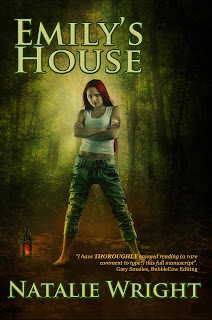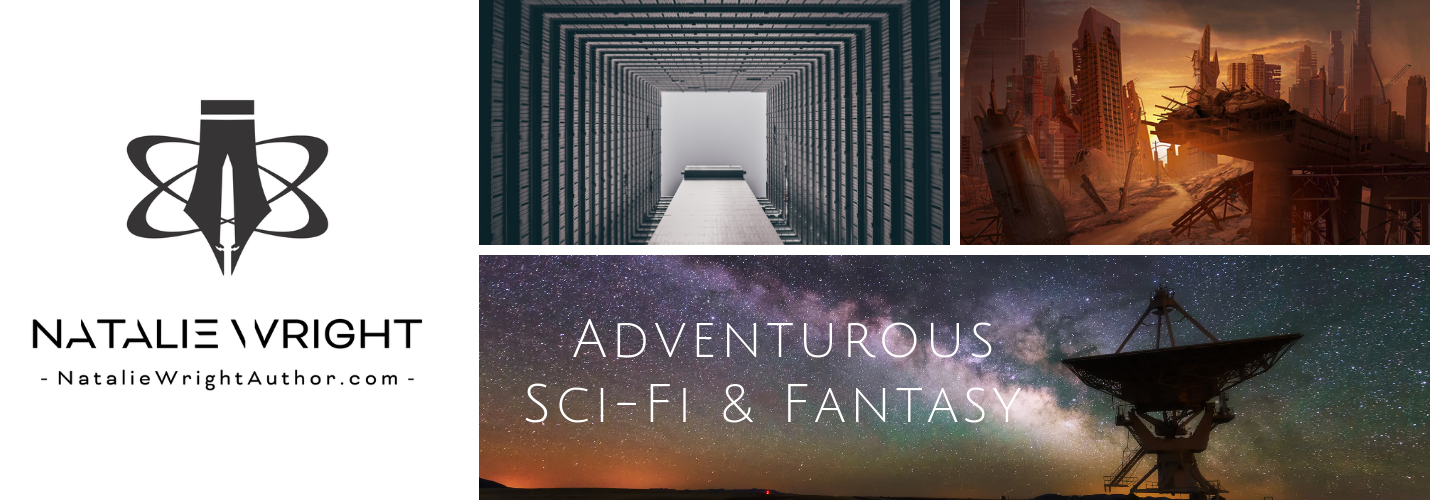 |
| Ashley, right, will be Emily; Heather creating the hair and makeup look |
One of the best things I like best about being Indie? Creating the Cover!
Readers may not know this, but when a book is published by a big publisher, the author usually has no say about the cover. Let's face it, after the author has turned in the final manuscript, they don't have a lot of say about anything (title included).
 |
| Emily's House, Cover by Claudia at Phatpuppy Art |
What creative fun to create the cover that I want - the cover that fits my vision.
I shouldn't say that I create the covers. That's not quite accurate because I work with wonderful artists who bring my vision to life.
Claudia, of Phatpuppy Art, the cover artist that created the cover for Emily's House, will also do the covers for the other two books in the series. For the next two covers, Claudia has teamed up with brilliant photographer, Teresa Yeh, to create not one but two custom covers for me.
Teresa has been a dream to work with. She asked me lots of questions - ones I hadn't even considered. Questions like: What expression should Emily have on her face? And what would I like her wearing? What color are her clothes? Close up? Or full body? Over the shoulder? How is her hair styled?
Wow! So much thought going into it. When covers are made with stock photos (which most covers are), you don't have to think so much as spend hours scouring photos to find something that is good enough to work.
Teresa then did a casting call and I got to choose which young lady was the best one to "play" Emily for a day.
Ashley was the clear winner. She has the Emily look.
Behind the scenes, Heather had to create two looks for Emily. For the Emily's Trial cover, we decided to go with a braid, hair a bit mussed, makeup but not too made up. Emily spend most of Emily's Trial fighting for the life of her friends and herself - so we didn't want her looking glam (but also not sweating like a pig and gnarly looking!).
 |
| Love that smile! Fun on the set. |
For Emily's Heart, we decided to go with a softer look for her hair, a little more makeup. Perchance will Emily find true love in Emily's Heart?
Of course a lot still has to happen to get to the final cover. Choosing the photo, then it will go to Claudia to add her artistic touch to go from photo to book cover. Then another talented lady will add the title, etc. Soon I'll have a cover to reveal!








